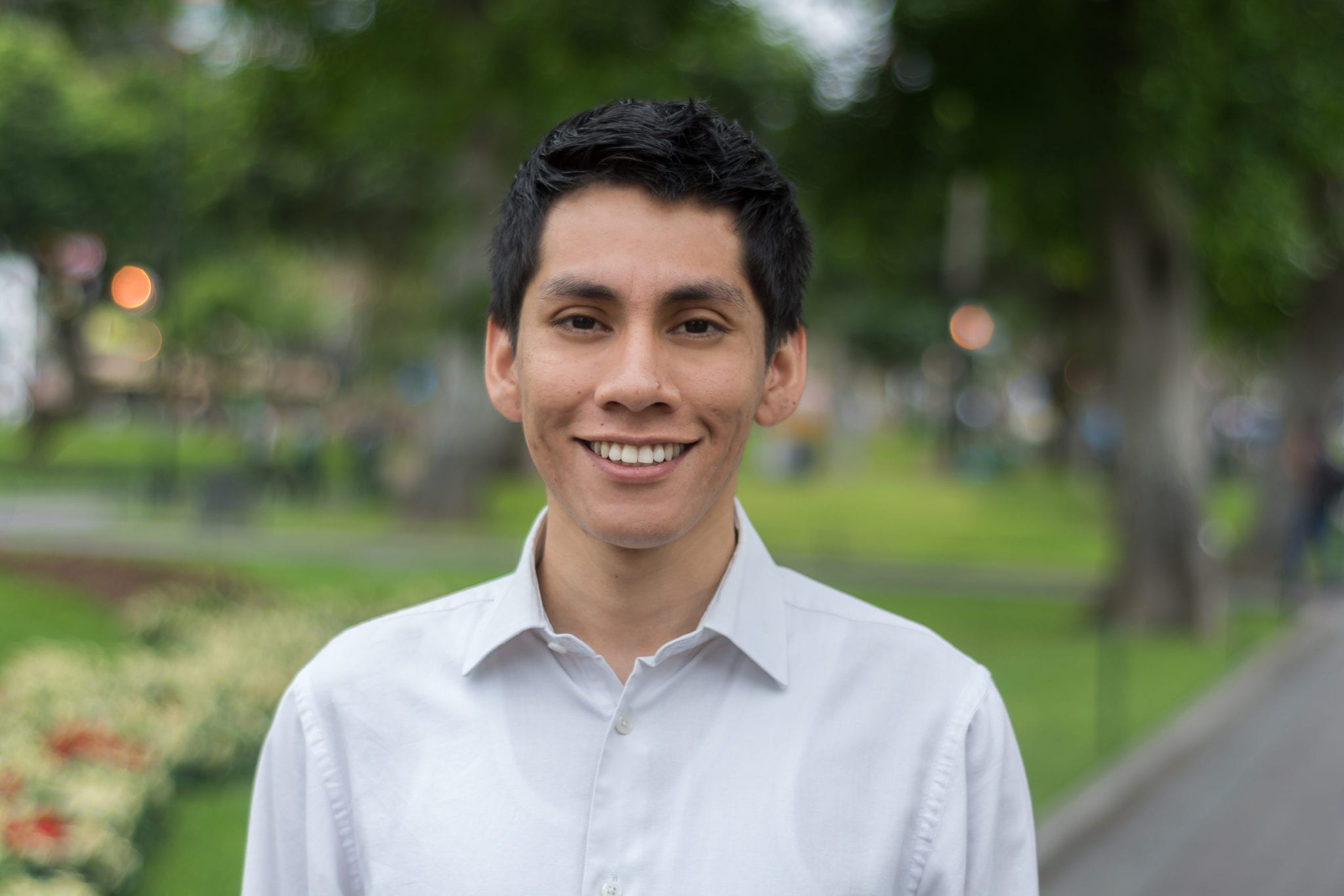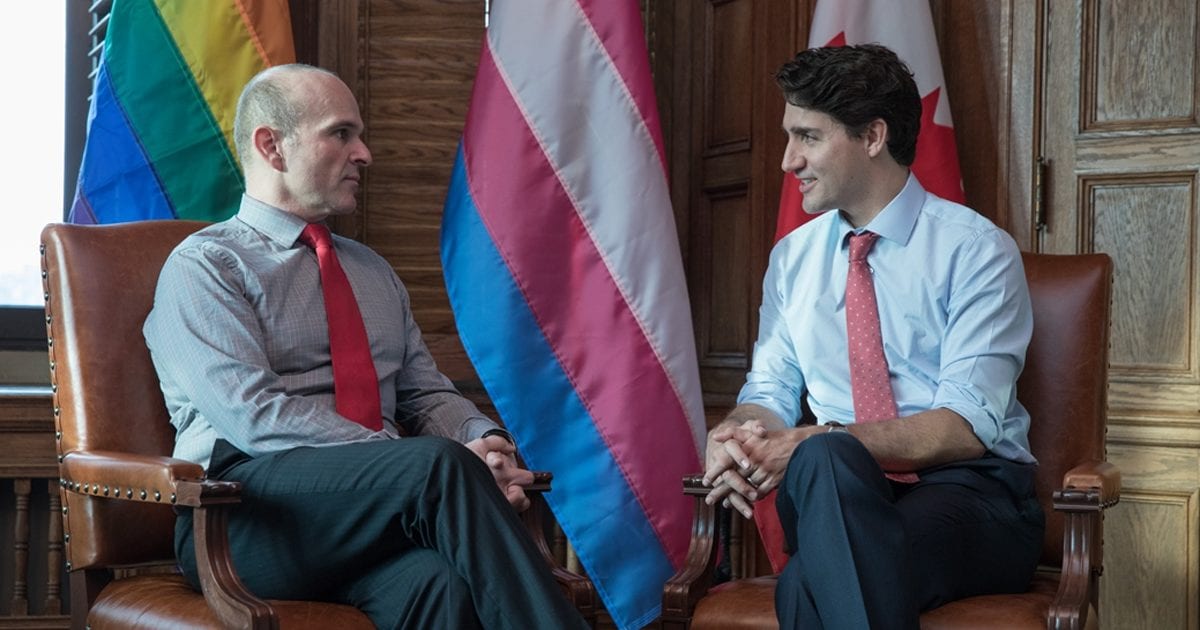Featured image: LGBTQ activist celebrates after the Supreme Court’s verdict to decriminalize gay sex per Section 377. Source: REUTERS/Abhishek N. Chinnappa
Colonial-era laws continue to cast a shadow over the now independent countries who often maintain them, adversely affecting minorities who in the pre-colonial era existed peacefully for centuries. Last week, numerous news outlets reported on a court ruling in India decriminalizing sexual relations between two consenting adults, regardless of gender. While just a first step towards more rights such as marriage, employment protections, and adoption, it is a crucial step forward nonetheless. India’s government has stated that it will support the ruling, but it will not do anything to further advance LGBTQ rights. In fact, it will actively oppose any further moves.
Three religious groups officially challenged the move to decriminalize Section 377, the portion of India’s penal code which gave out punishment for one who “voluntarily has carnal intercourse against the order of nature with any man, woman or animal.” One of the groups stated that it is an issue of religious freedom, with a judge responding by saying that they are free to practice their faith. Despite the Christian groups’ objections (No Hindu or Muslim groups appeared in court, although they did appear on TV), the justices ruled unanimously to decriminalize homosexuality.
Popular culture and media in India are beginning to shift, with depictions of LGBTQ people and their relationships in film and TV. Romil and Jugal is an example, set in a rural Indian town where two young men with feelings for each other face prejudice and hardship from all around them. Section 377 is mentioned in the series. The 2010s have seen other examples as well, and perhaps increasing presence in media will lead to changes in public opinion. India’s public opinion has largely remained unchanged over the past few decades, typical of a pattern where the least accepting countries grew even less so, the most accepting countries grew more so, and those in the middle stayed in the middle.
The work of the LGBTQ Victory Institute is supporting a pipeline of out leaders to elected office in the United States and around the world. In India, Victory Institute has been building and enriching the movement for LGBTQ equality and representation for years. We work with the Solidarity Foundation to provide training to those eager to run for office and to conduct research on the status of the LGBTQ community. One of the fellows from our Political Leadership Fellowship for Sexual Minorities (a program with Solidarity), Kommuri Priyanka, was appointed to the Lok Adalat, a lower court, a few short months ago. Last year, Joyita Mondal became the first trans woman appointed to a Lok Adalat. Other fellows from the Leadership training academy launched a public forum in order to discuss LGBTQ inclusion with India’s major political parties.
Luis Abolafia-Anguita, Director of International Programs at LGBTQ Victory Institute, had this to say about the ruling: “This is a reflection on all the work that activists in India have done to bring about a change in their society. Our work focuses on empowering leaders to make a difference and bring change through civic engagement. An example being Kommuri Priyanka.”
In order for leaders to be their authentic selves, they need to feel comfortable that they won’t be arrested for who they are. LGBTQ public officials in India will someday be common, thanks to this first step.

